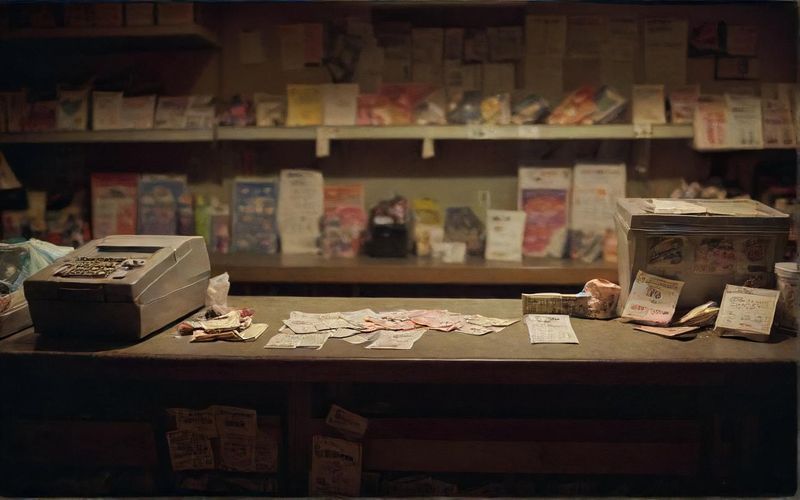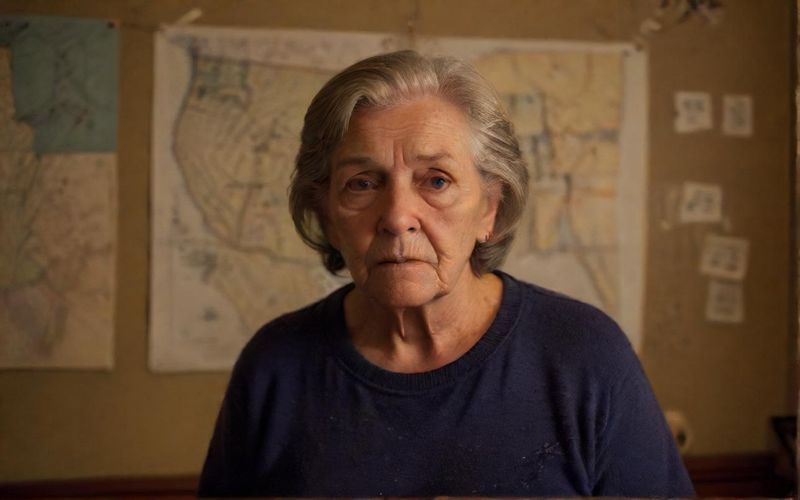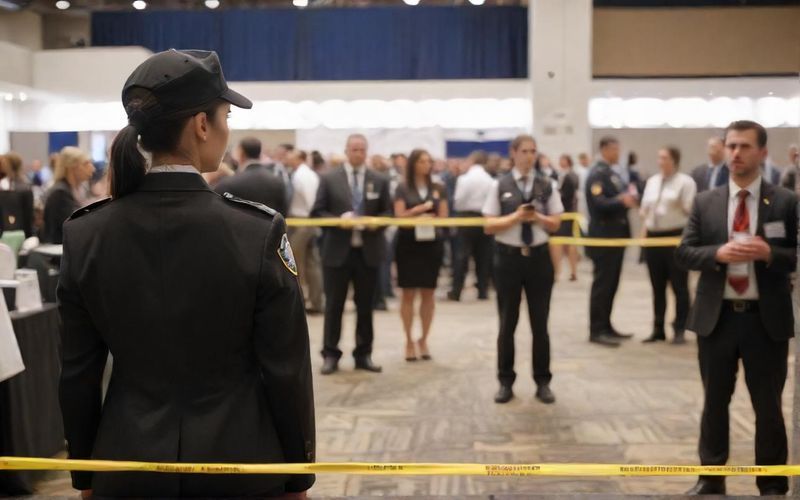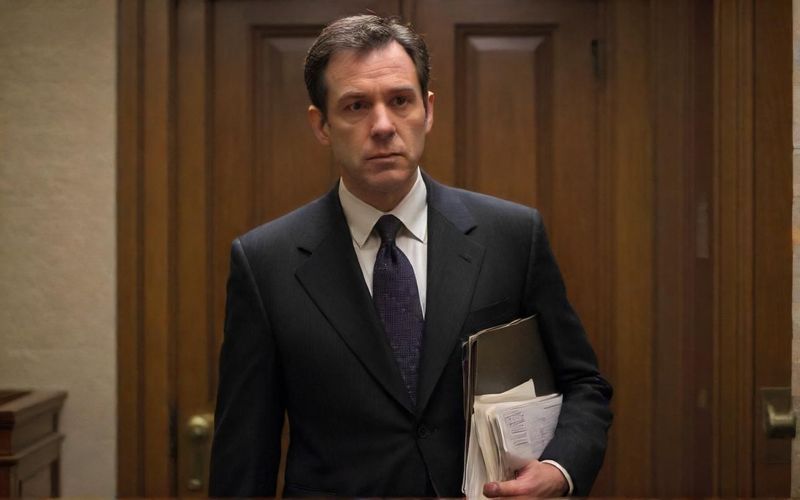NY Mega Millions: $1M Prize Nears Expiration

Think about it for a moment. A million dollars. Enough to erase debts, secure a future, or simply offer a profound sense of relief. It was purchased a year ago, a casual transaction perhaps, a moment of hopeful impulse on an ordinary day. Now, the numbers – 36, 43, 52, 58, 65, and the Mega Ball 16 – hold the power to change someone's life, but only if that someone remembers where they stashed that little slip of paper.
What happens to that money if it goes unclaimed? The sources offer a glimpse into the lottery's inner workings. This isn't just lost cash vanishing into thin air. Instead, the New York Lottery states that such unclaimed prizes are returned to the prize pool. They can then be used to enhance jackpots, fund special promotions, or even support one-time games, breathing more excitement into the nylottery experience for others. It's a cyclical system, where one person's forgotten fortune can become another's potential win. And if that money isn't utilized for these purposes within a certain framework, it ultimately flows to support public schools, a silver lining in the cloud of an overlooked jackpot. Yet, even within this system, there's a cap – the commission can only spend $60 million from prize accounts annually, with excess funds directed to the state treasury.
The store manager at Cold Cut Express, Bobby Patel, has been there for thirteen years and only recalls seeing one $1 million win before this. He’s happy for his customers, he says, because that’s why they come in – for the chance, the thrill, the dream of winning. He’s been reminding people to check their tickets, a seemingly simple act that could unlock immense joy. And in a way, his sentiment echoes the core of the lottery's appeal: the human desire for a stroke of luck, a break from the everyday grind.
But it begs the question: how does a $1 million ticket go unclaimed for so long? In our hyper-connected world, where we’re constantly bombarded with notifications and reminders, it feels almost surreal. Is it lost in a wallet, buried in a junk drawer, or perhaps discarded carelessly? The sheer volume of transactions, the sheer number of tickets purchased, means that for most, the dream remains just that. However, for the one who holds the winning numbers, the stakes are incredibly high. The urgency now is palpable. The New York Lottery has issued a final alert, a desperate plea for the winner to come forward. They've provided clear instructions: sign the back of the ticket immediately, keep it safe, and contact the lottery by phone or online.
This situation highlights a fascinating tension between the allure of instant wealth and the practicalities of everyday life. We chase these possibilities, these chances for a dramatic shift, yet the very act of securing that win requires a degree of diligence and attentiveness that can sometimes be elusive. It’s a lottery ticket, after all, a symbol of hope, but also a tangible object with an expiration date.
As December 13th draws closer, the suspense builds. Will this million-dollar dream find its rightful owner, or will it join the ranks of forgotten fortunes, eventually contributing to the state's educational initiatives? What does this near-miss tell us about our own habits of hope and our capacity to follow through on the improbable?








